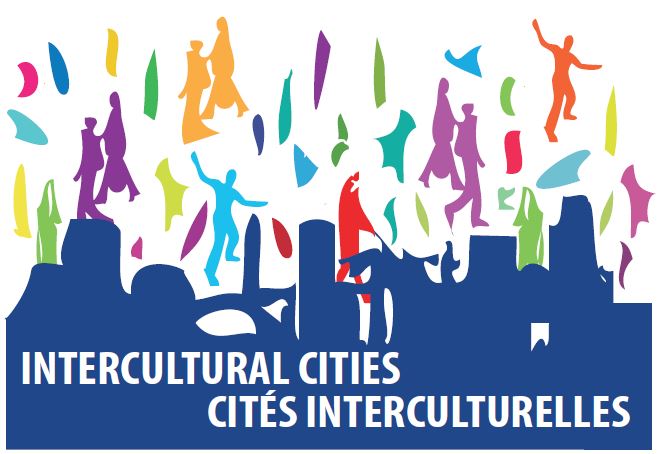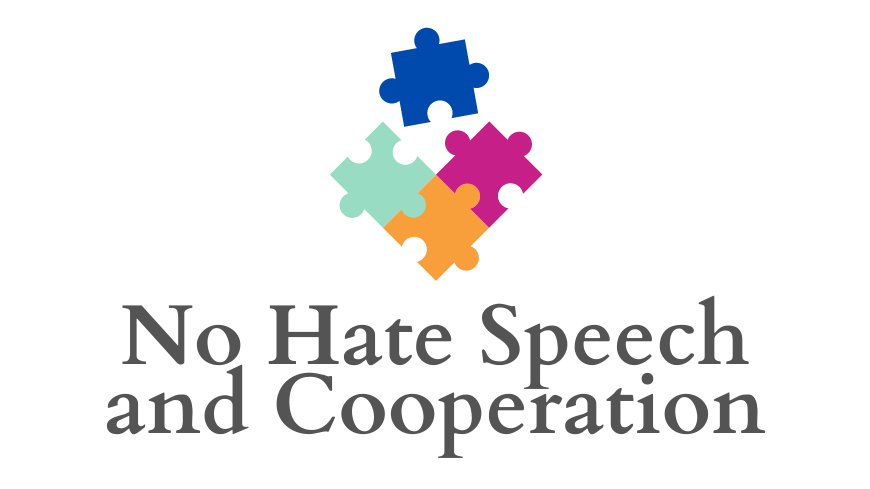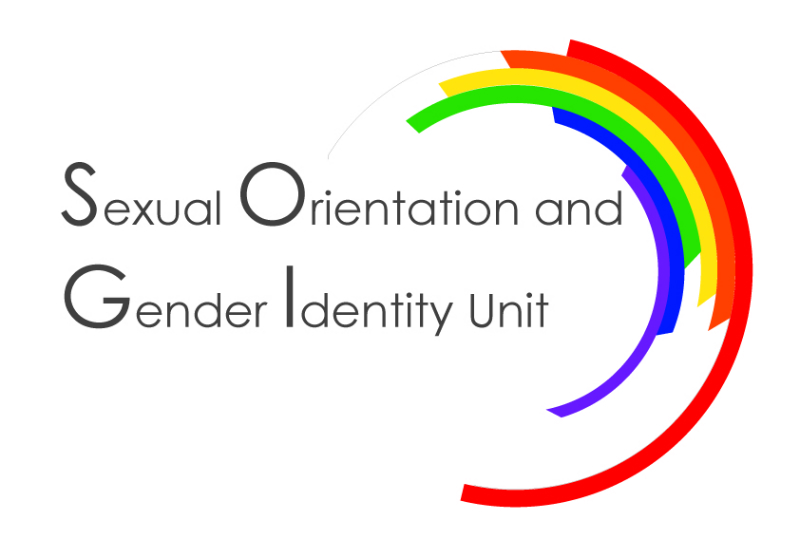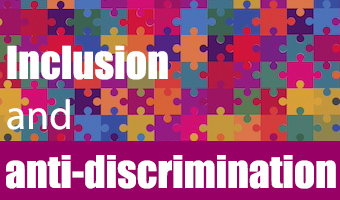A key component of the European Union and Council of Europe efforts to fight discrimination is supporting public institutions in enhancing their capacities to address hate speech, including anti-gypsism as specific form of hatred against Roma and Travellers.
To achieve this, 33 judges and public prosecutors from North Macedonia gathered in Skopje to strengthen their skills and knowledge on the main concepts of anti-discrimination and anti-gypsyism - a form of racism and discrimination rooted in historical prejudices and negative stereotypes. The training also deepened participants’ understanding of how to distinguish between freedom of expression and hate speech.
During the sessions the participants discussed the case-law of the European Court for Human Rights regarding hate speech and freedom of expression, in light of North Macedonia’s domestic legal framework. They also got introduced with the main European standards, including the Committee of Ministers’ Recommendation on Combating Hate Speech.
The discussion highlighted the importance of correctly interpreting and applying European standards when balancing freedom of expression with the need to combat hate speech. Participants reflected on the challenges they face in practice, especially in distinguishing between offensive or provocative speech that is protected, and expressions that constitute incitement to hatred or violence, even a hate crime. Through interactive case-based analysis, they explored how judicial reasoning must carefully assess context, intent, and potential harm, particularly when dealing with speech targeting vulnerable groups, including the Roma community. The exchange of views underscored the critical role of the judiciary in safeguarding democratic values while ensuring accountability for hate speech.
This activity was organised jointly by the EU and the Council of Europe programme "Horizontal Facility for the Western Balkans and Türkiye", and its respective actions on "Combating Hatred and Intolerance in North Macedonia" and “Protecting Freedom of Expression and of the Media in North Macedonia” (PRO-FREX); and the Institute for Research and Policy Analysis Romalitico - as part of the EU funded project “Beyond the Barriers: Roma Resilience in the Western Balkans”, in co-operation with the Academy for Judges and Public Prosecutors.







